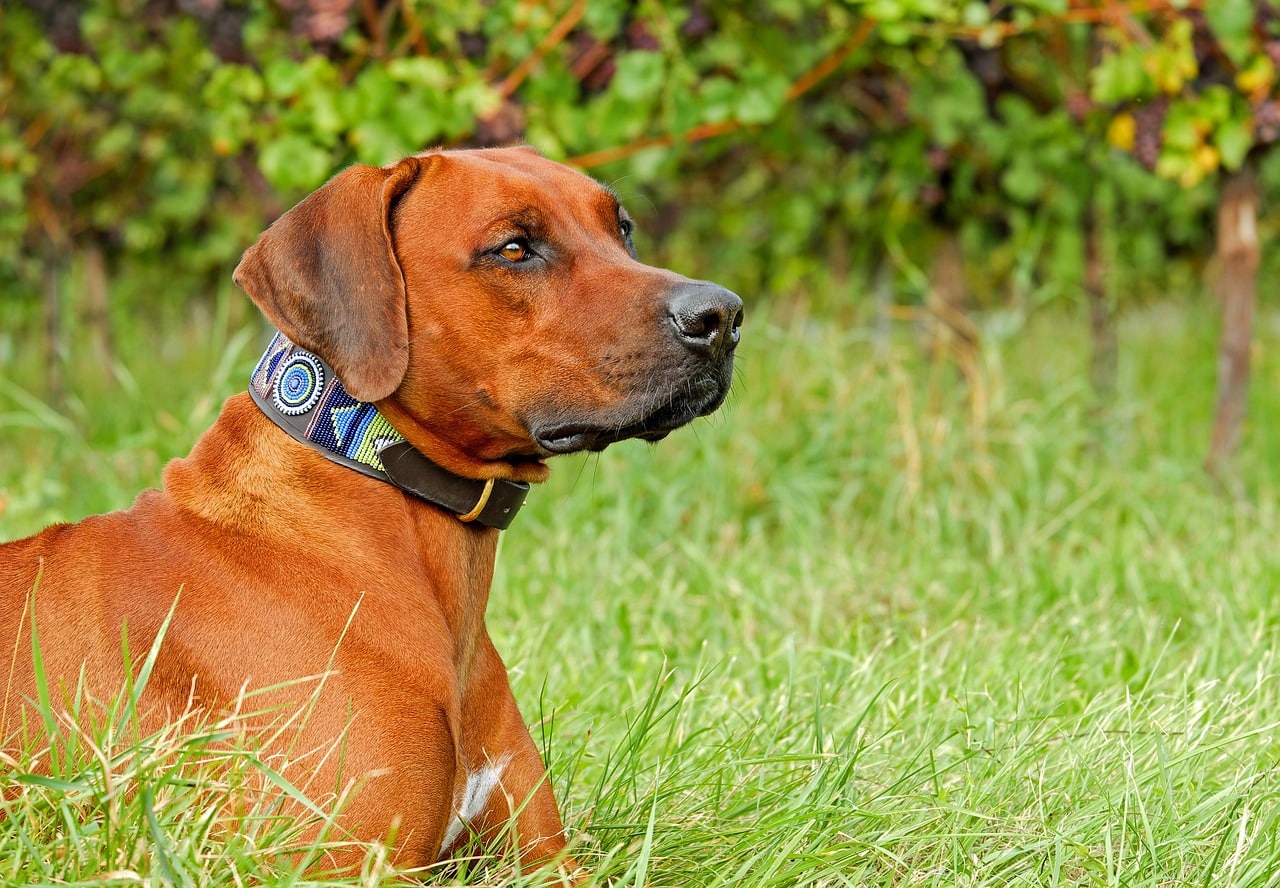 Shutterstock
Shutterstock
Dogs are known for their barks, howls, and playful vocalizations, but not all breeds are particularly noisy. For those who live in apartments, have close neighbours, or simply prefer a quieter environment, a low-barking or quieter breed might be a perfect choice. While all dogs will vocalize to some extent, certain breeds are naturally more reserved or quiet than others. These breeds tend to express themselves in more subtle ways, relying on body language or other forms of communication rather than constant barking.
Basenji
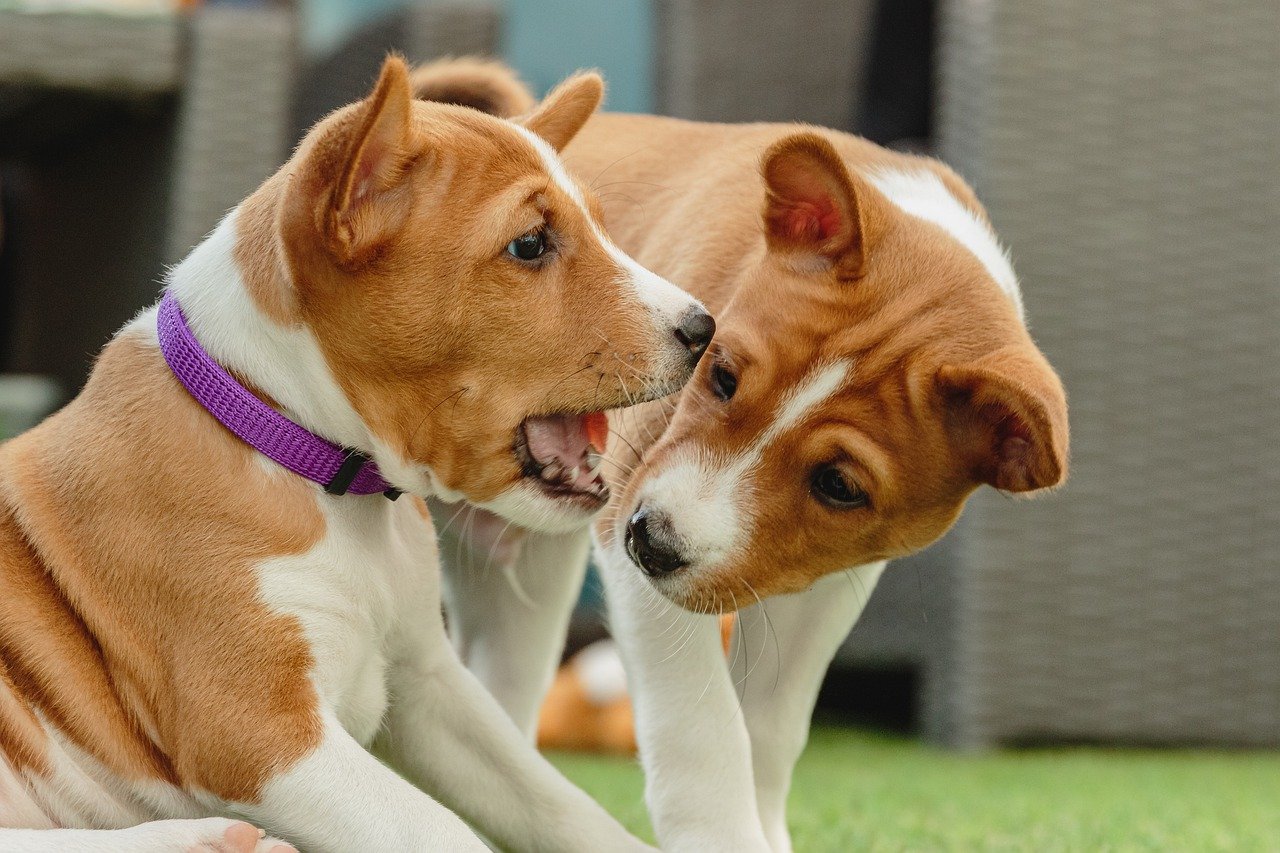 Shutterstock
Shutterstock
Often referred to as the “barkless dog,” the Basenji is famous for its unique vocalizations—or rather, the lack of barking. While they don’t bark like other dogs, Basenjis can still produce sounds such as yodels or howls, but these are typically less frequent. Their quiet nature makes them ideal for apartment living or homes where noise could be an issue. Originally bred for hunting in Africa, the Basenji relies more on its sight and scent, which may explain why it isn’t as vocal as other hunting breeds.
Shiba Inu
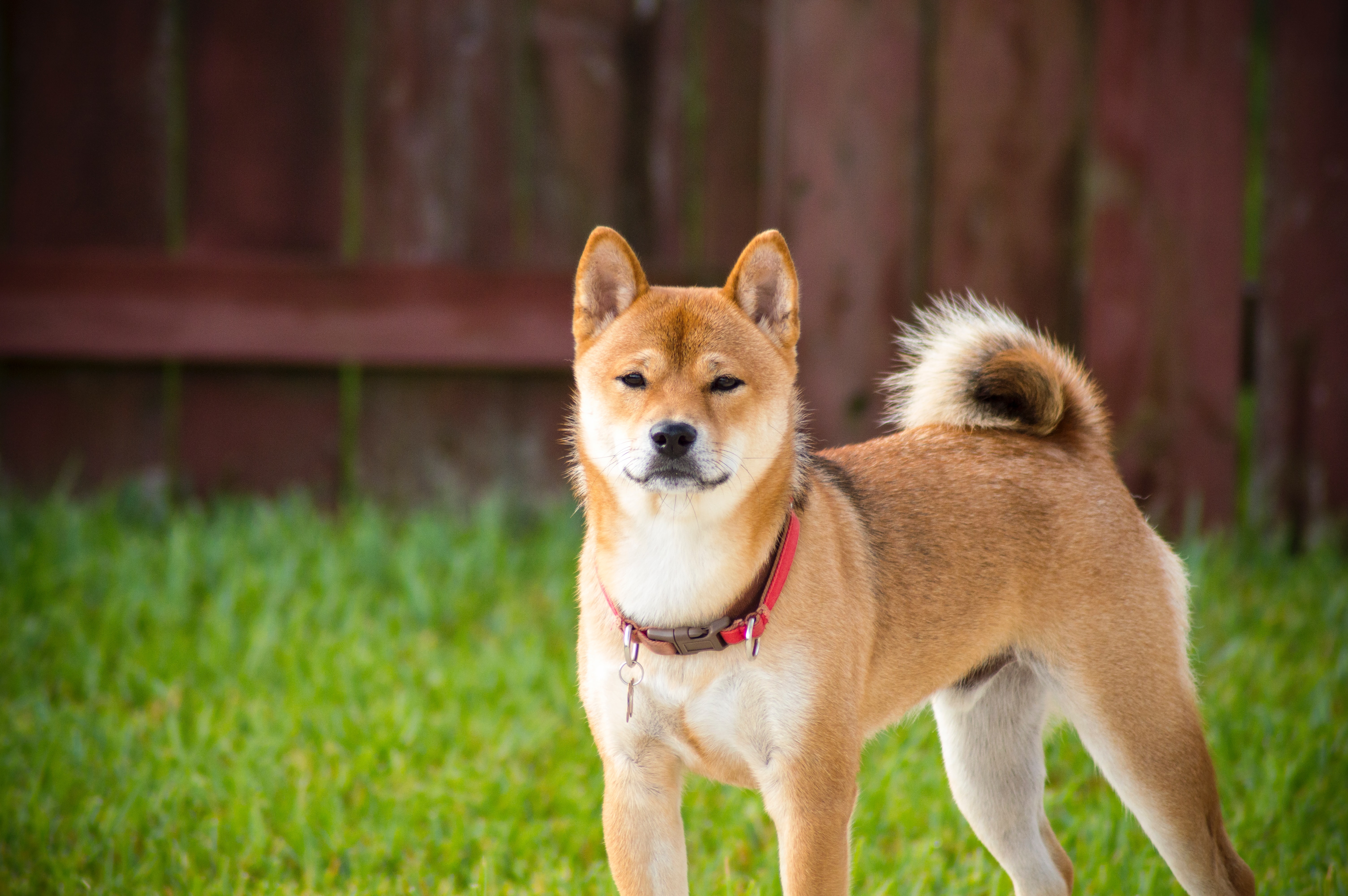 Shutterstock
Shutterstock
Shiba Inu is known for its independence and quiet demeanor. This Japanese breed may bark occasionally, but it’s far less likely to be constantly noisy compared to other breeds. Shibas are known for their calm and composed nature, and when they do vocalize, it’s often in the form of a specific “Shiba scream,” which is reserved for moments of extreme excitement or distress. Otherwise, these dogs are content to stay quiet and observe their surroundings, making them great companions for those who prefer a more tranquil household.
Greyhound
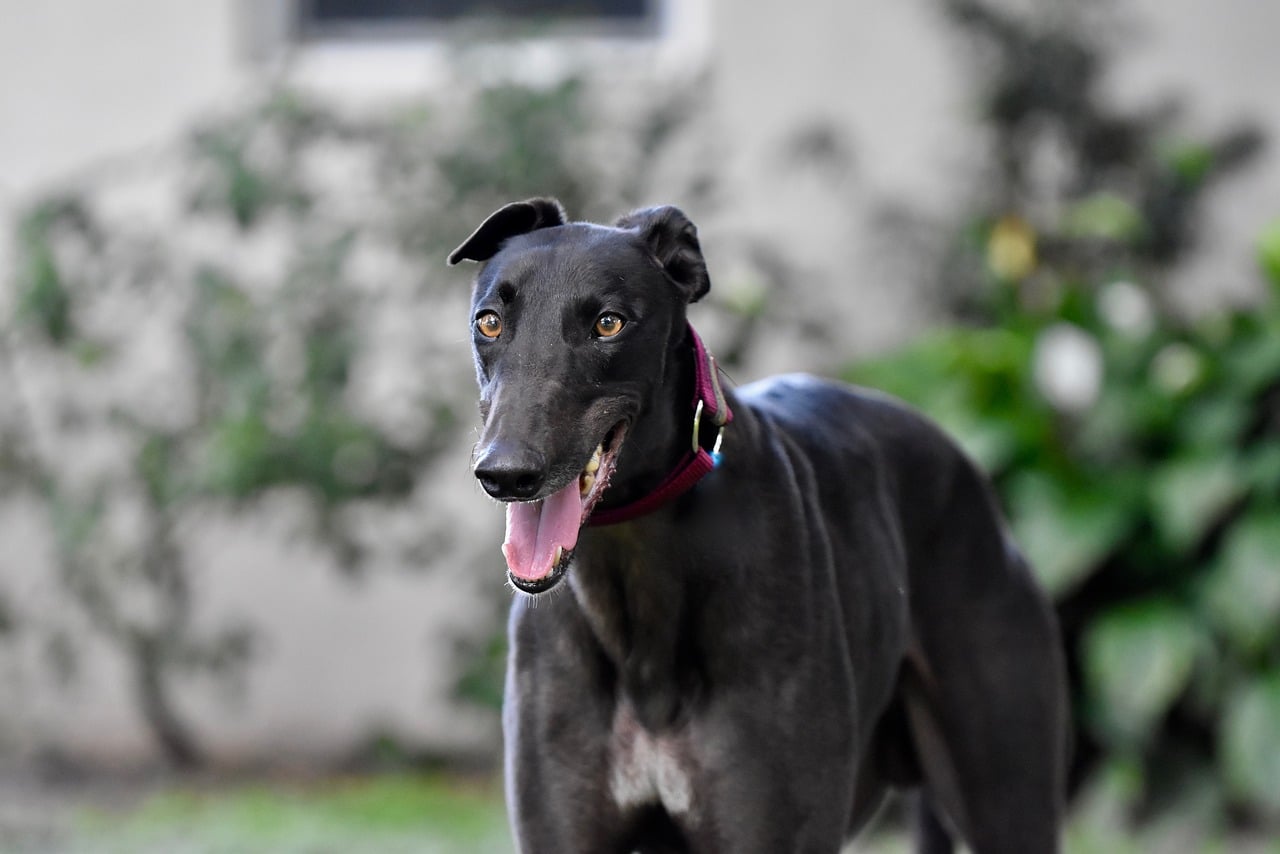 Shutterstock
Shutterstock
Greyhounds are known for their elegance, speed, and surprisingly quiet nature. Despite their history as racing dogs, they are calm and gentle at home. Greyhounds are often referred to as “couch potatoes” because of their love for lounging, and they rarely bark unless something truly catches their attention. Their laid-back nature and reserved temperament make them ideal for quiet homes, and their minimal vocalization means they fit well into urban environments or places where noise control is important.
Bulldog
 Shutterstock
Shutterstock
Bulldogs, especially the English Bulldogs, are generally calm and quiet. Known for their affectionate and easygoing personalities, they aren’t known to be excessive barkers. Bulldogs often communicate through snorts, grunts, or sighs rather than barking. Their friendly nature and relatively low energy levels make them more inclined to nap than to vocalize their feelings. Because they rarely bark, Bulldogs are a good choice for those who want a low-maintenance, quiet companion who still provides plenty of love and companionship.
Cavalier King Charles Spaniel
 Shutterstock
Shutterstock
The Cavalier King Charles Spaniel is a gentle, affectionate breed known for its sweet nature and love for human companionship. While they may bark occasionally to alert their owners, they are generally quiet dogs that are more likely to snuggle up with you than cause a disturbance. These dogs are highly adaptable and well-suited for both city and suburban living. Their calm demeanor and quiet tendencies make them ideal for families or individuals looking for a dog that won’t disrupt the peace.
Great Dane
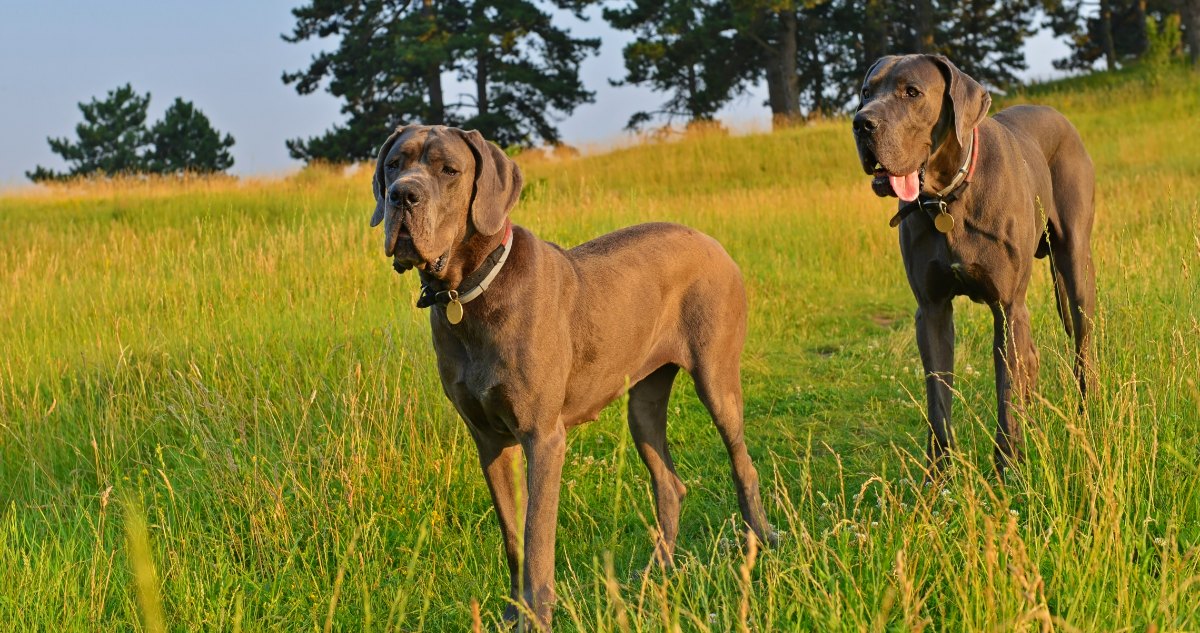 Shutterstock
Shutterstock
Despite their imposing size, Great Danes are known for being calm and quiet. These gentle giants are not prone to excessive barking and are generally well-mannered, making them great companions for those who want a large dog without the noise. Great Danes are often content to relax indoors and don’t tend to vocalize unless there’s a reason to do so, such as a stranger approaching the house. Their quiet, composed nature and affectionate disposition make them an excellent choice for families or individuals with space for a larger breed.
Akita
 Shutterstock
Shutterstock
Akitas are a noble and dignified breed that typically doesn’t bark without reason. Known for their loyalty and protective nature, Akitas will usually only make noise when they feel the need to alert their owners to something significant. Otherwise, they are reserved and quiet, preferring to keep watch in silence. This makes them an excellent choice for owners looking for a protective yet low-noise companion. Akitas are also independent, so they don’t rely on vocalization for attention, further contributing to their quiet demeanor.
Irish Wolfhound
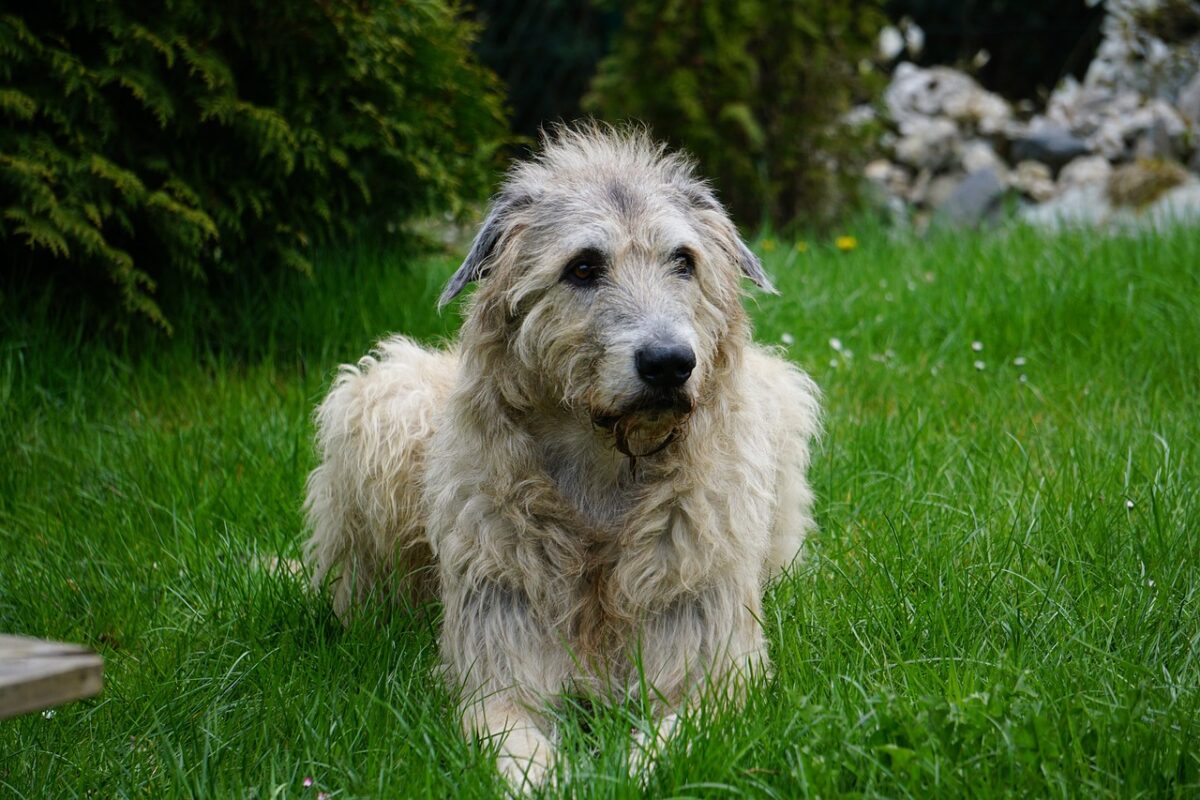 Shutterstock
Shutterstock
The Irish Wolfhound, one of the tallest dog breeds, is known for its gentle and calm nature. Despite its size and historical role as a hunting dog, the Irish Wolfhound is not prone to excessive barking. These dogs are affectionate and reserved, preferring to quietly observe their surroundings rather than constantly vocalize. They are gentle giants who make excellent family companions, and their quiet nature allows them to fit seamlessly into a variety of living situations. The Irish Wolfhound’s minimal barking is often a surprise given its size, but it is one of the breed’s many charms.
Whippet
 Shutterstock
Shutterstock
Whippets, like their Greyhound relatives, are quiet, low-maintenance dogs. Known for their speed and sleek build, Whippets are surprisingly relaxed and calm when indoors. They are not known for excessive barking and are often content to quietly lounge or sleep. Whippets may occasionally bark to alert their owners, but they are generally not noisy dogs. Their quiet and gentle nature makes them excellent companions for city dwellers or families looking for a dog that won’t cause a disturbance.
Shar Pei
 Shutterstock
Shutterstock
Shar Peis are known for their wrinkled appearance and independent personality. They are naturally reserved and quiet, often barking only when necessary. Shar Peis are loyal and protective of their families, but they do not tend to vocalize their feelings as much as other breeds. Their calm demeanor and minimal barking make them great pets for those who want a quieter household. Shar Peis are also relatively low-energy, so they are less likely to engage in the kind of hyperactivity that leads to excessive noise.
Borzoi
 Shutterstock
Shutterstock
The Borzoi, a graceful and aristocratic breed, is known for its calm and quiet nature. These dogs were originally bred for hunting, but their demeanor at home is typically one of quiet relaxation. Borzois are not prone to barking and prefer to observe their surroundings in silence. They are gentle, affectionate dogs that enjoy the company of their family but do not demand attention through excessive noise. Their serene nature makes them an ideal companion for those who appreciate a dog that rarely vocalizes.
Soft-Coated Wheaten Terrier
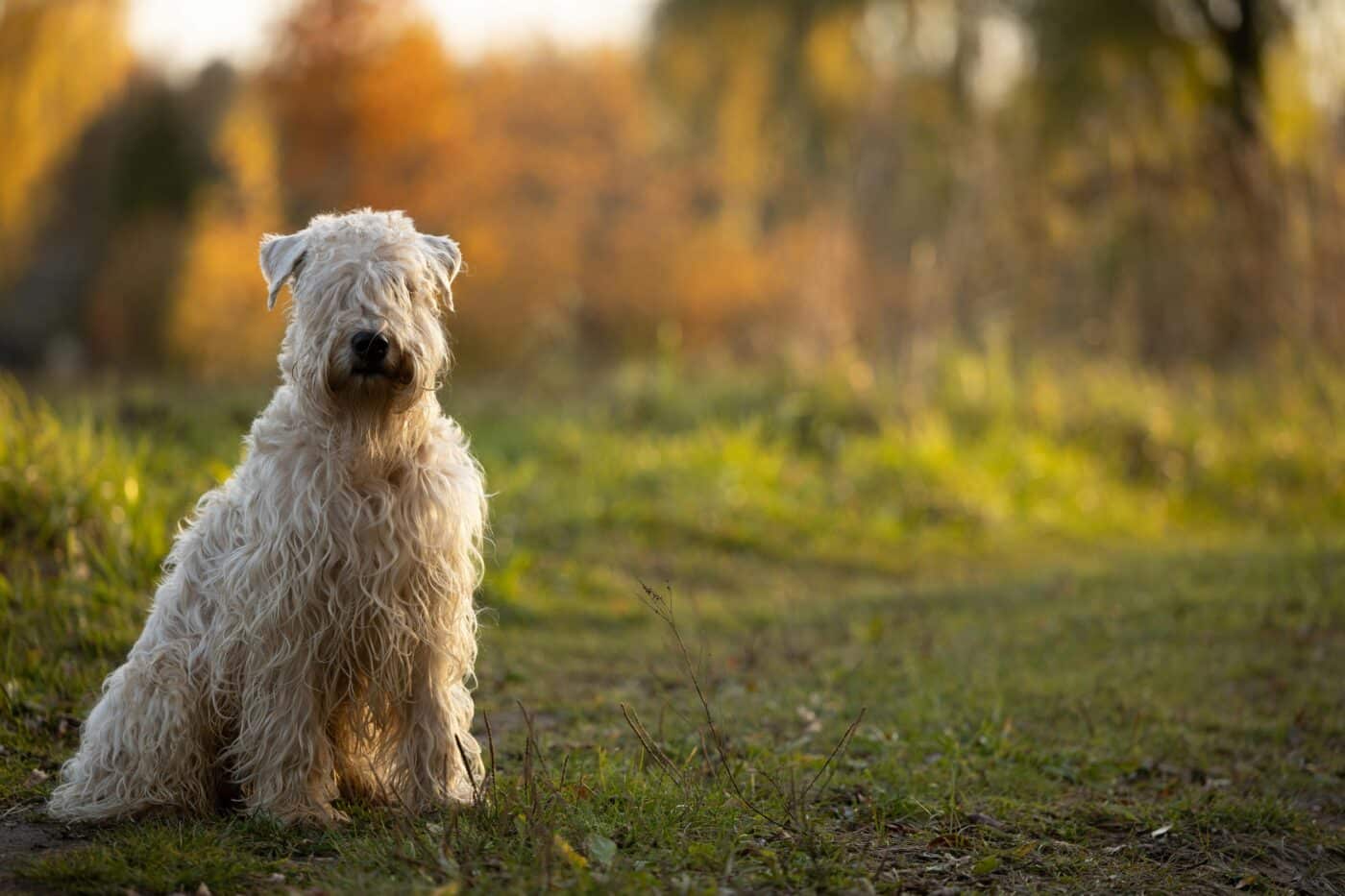 Shutterstock
Shutterstock
The Soft-Coated Wheaten Terrier is a friendly and adaptable breed that, while playful, is not known for being excessively noisy. While they may bark to alert their owners or during play, they are generally not constant barkers. Wheatens are affectionate and social dogs, but they express their love in ways other than vocalization. Their moderate energy level and calm temperament make them well-suited for families or individuals looking for a quiet, loving companion.
Rhodesian Ridgeback
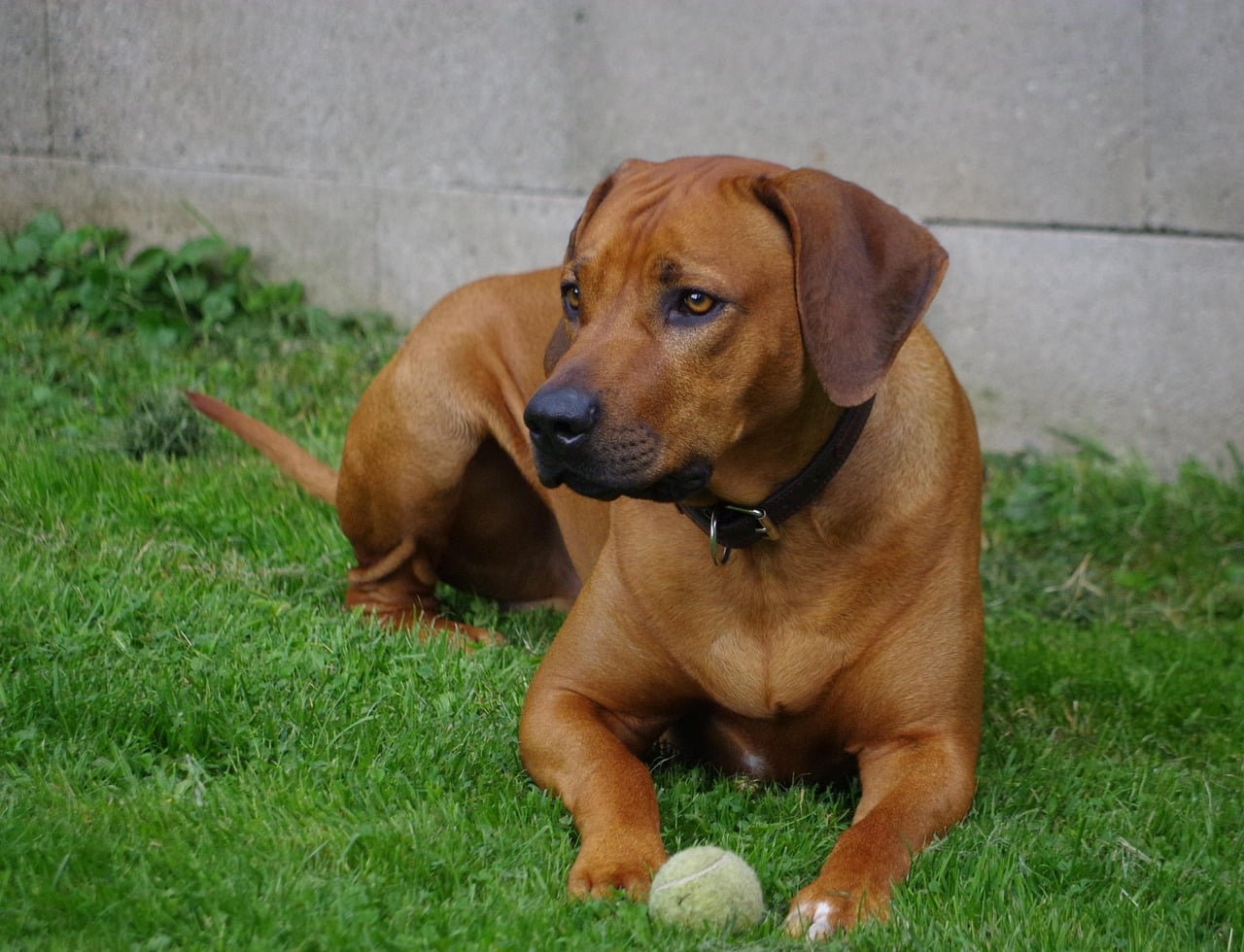 Shutterstock
Shutterstock
Rhodesian Ridgebacks are known for their courage and independence. Bred to hunt lions in Africa, these dogs are naturally quiet and only bark when necessary. Ridgebacks are protective of their families, but they are not prone to excessive vocalization. Their calm and composed nature makes them a good choice for owners who want a dog that will quietly observe rather than bark at every little thing. Rhodesian Ridgebacks are intelligent and reserved, using their barks sparingly and only when it truly matters.
Choosing a Quiet Companion
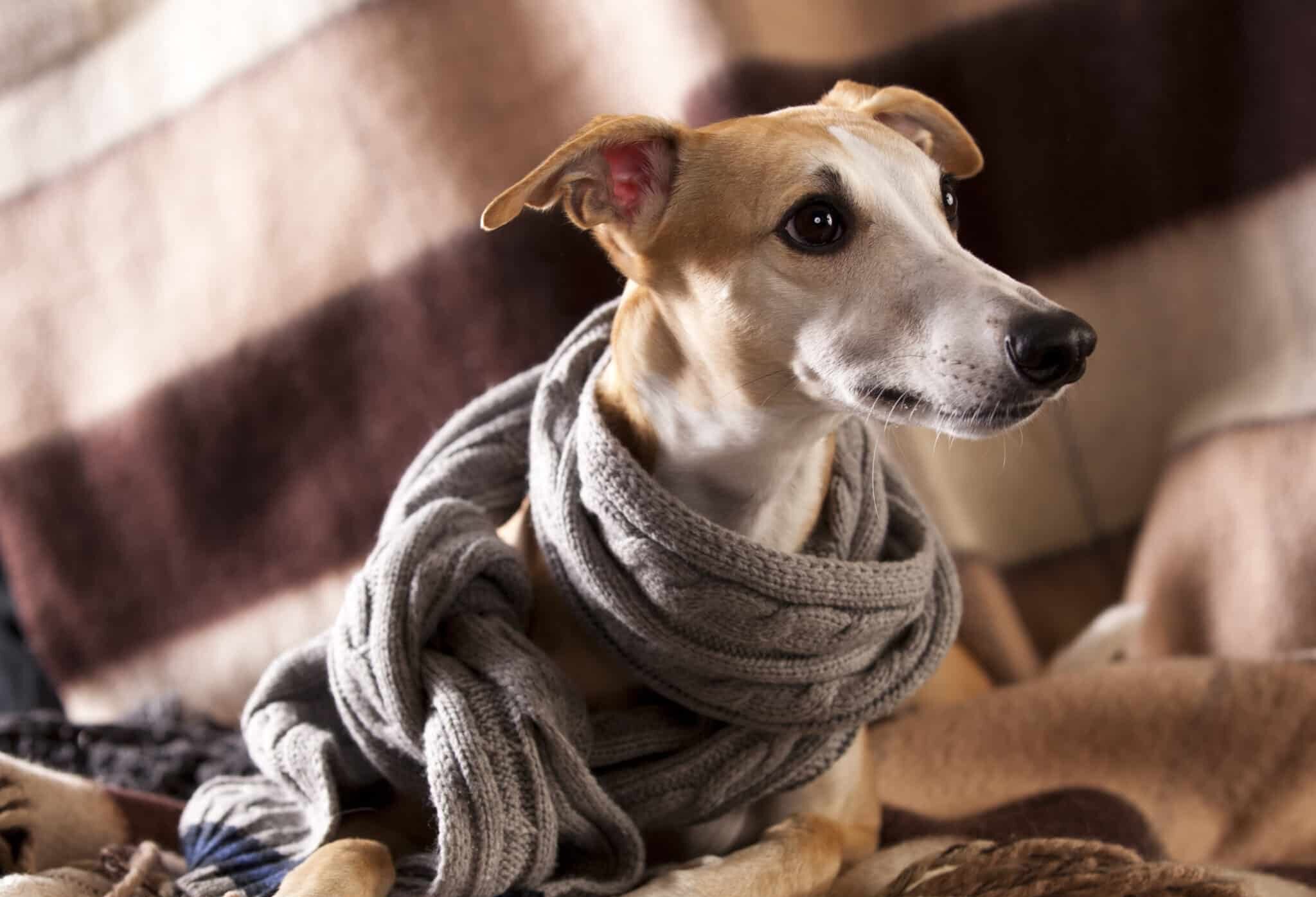 Shutterstock
Shutterstock
When choosing a dog breed, considering their vocal tendencies is important, especially if you live in an environment where noise could be an issue. The breeds mentioned above are known for their quieter nature, making them ideal companions for those who prefer a peaceful household. While all dogs may bark from time to time, these breeds are more reserved, relying on other ways to communicate their needs and emotions. By selecting a quiet breed, you can enjoy the companionship of a dog without the constant noise.

 1 month ago
14
1 month ago
14


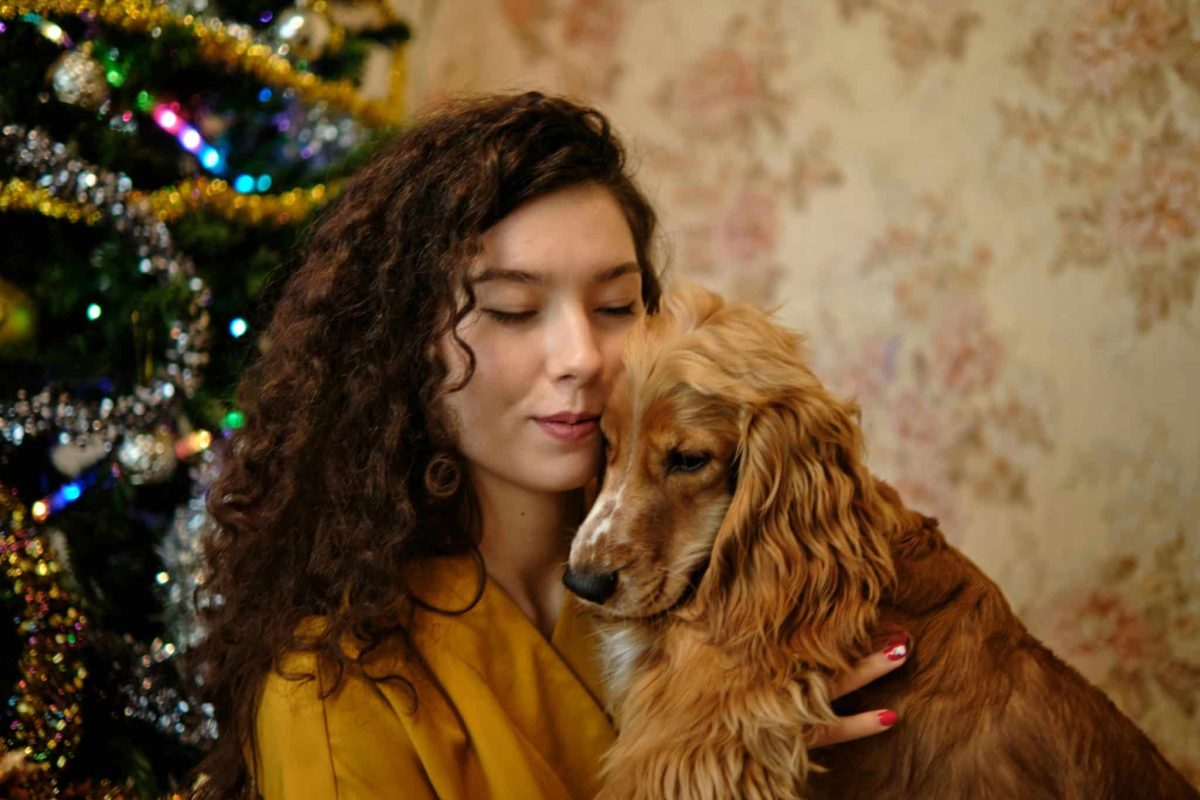
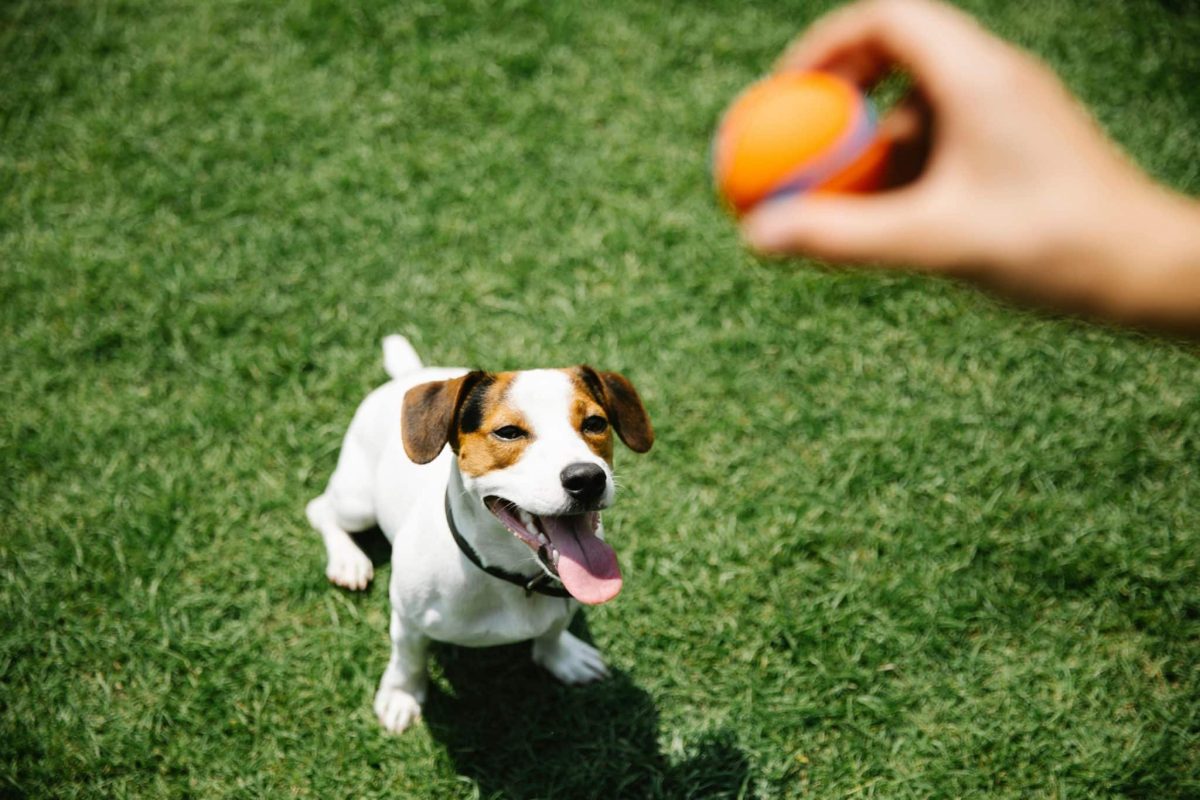
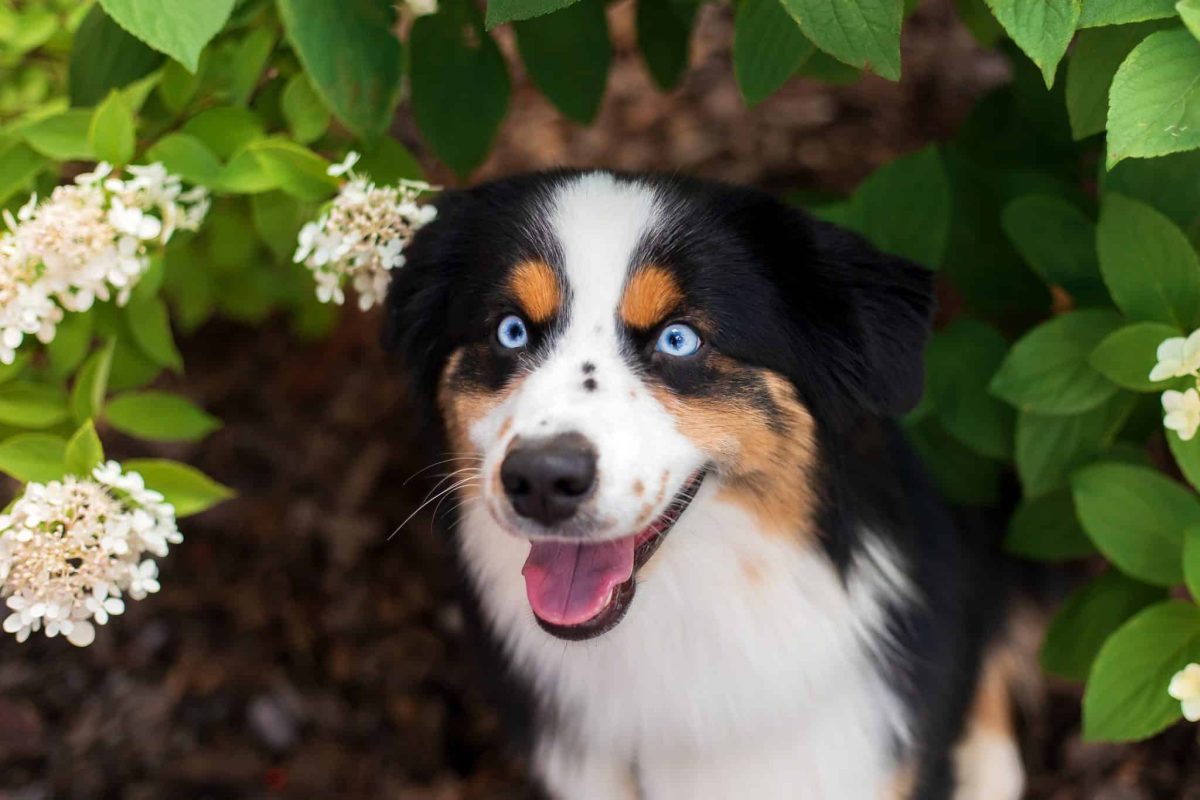

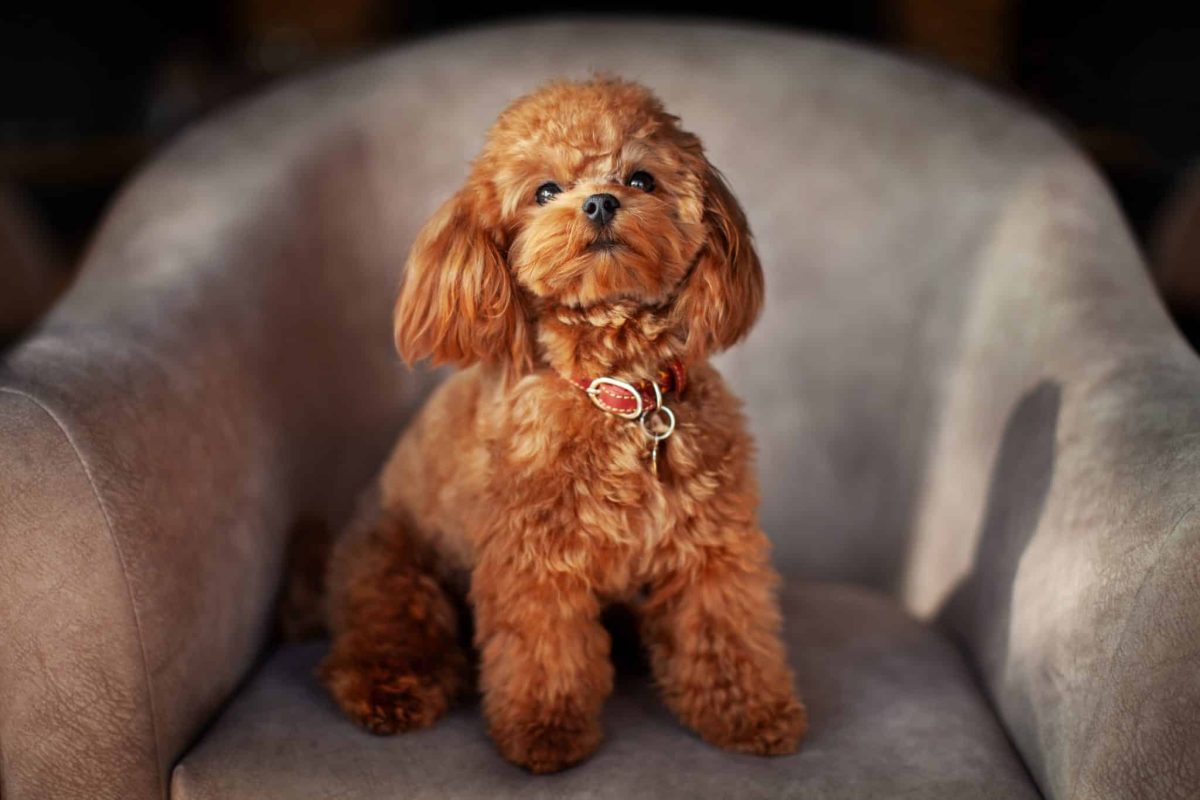

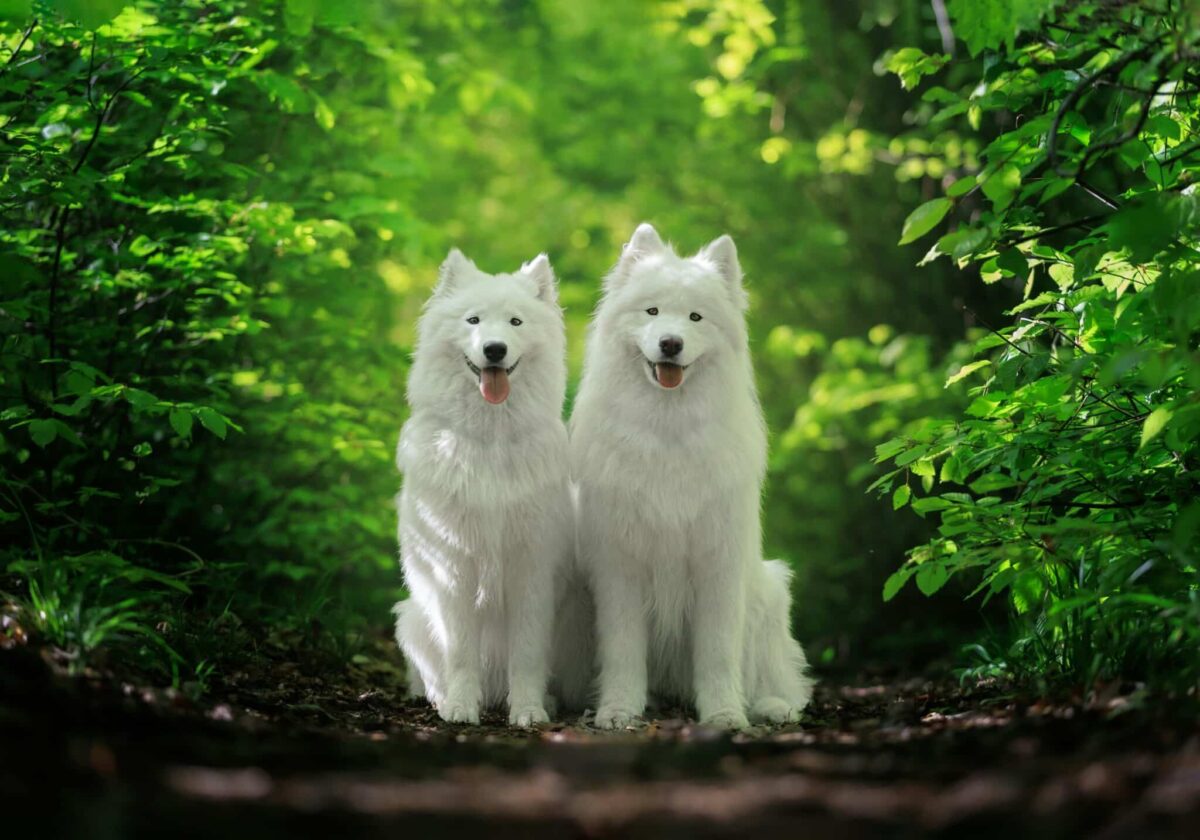
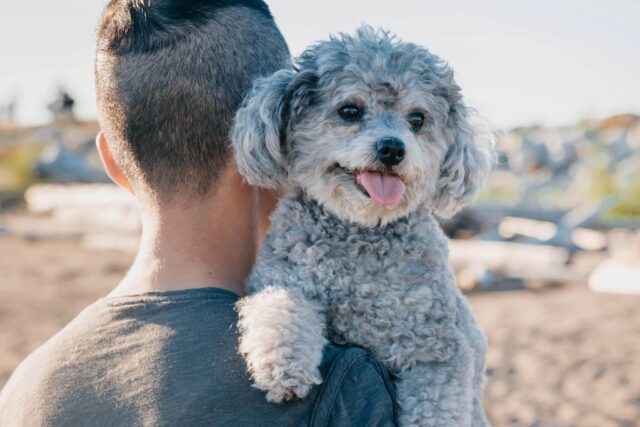

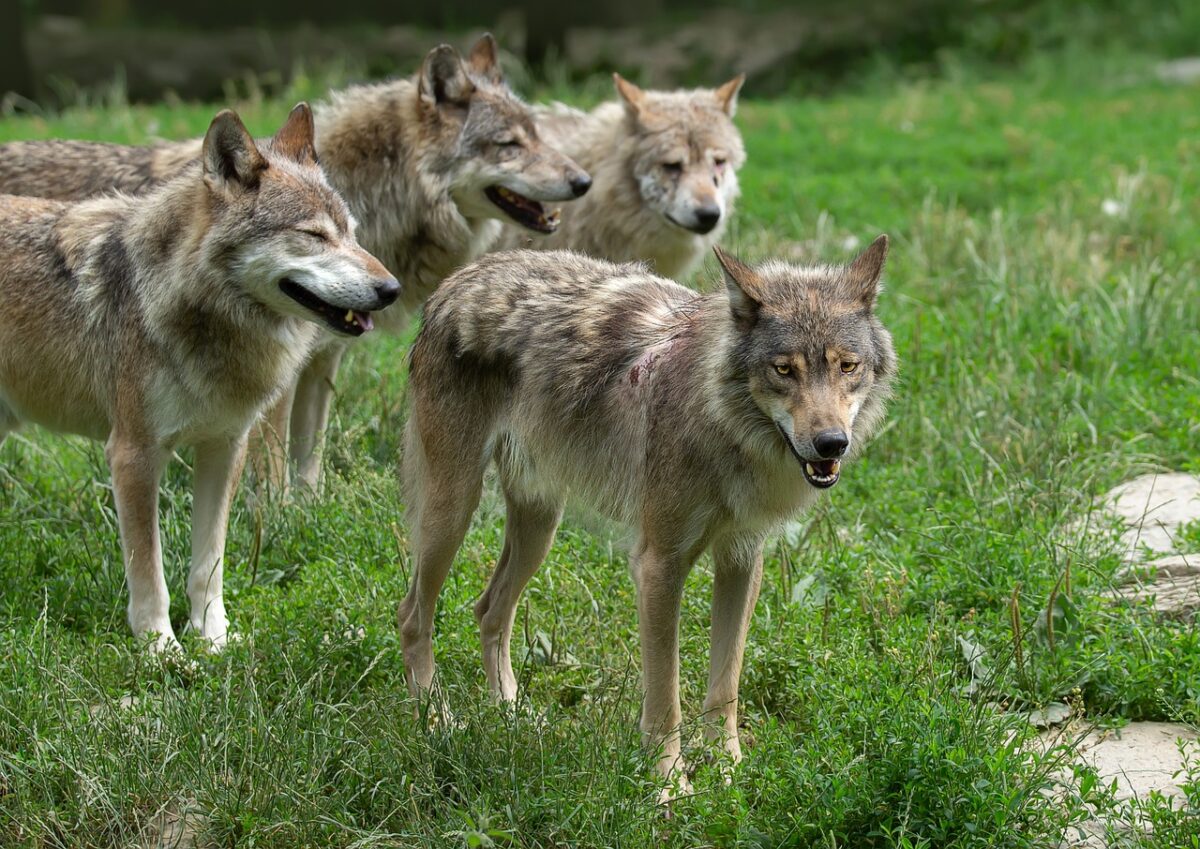
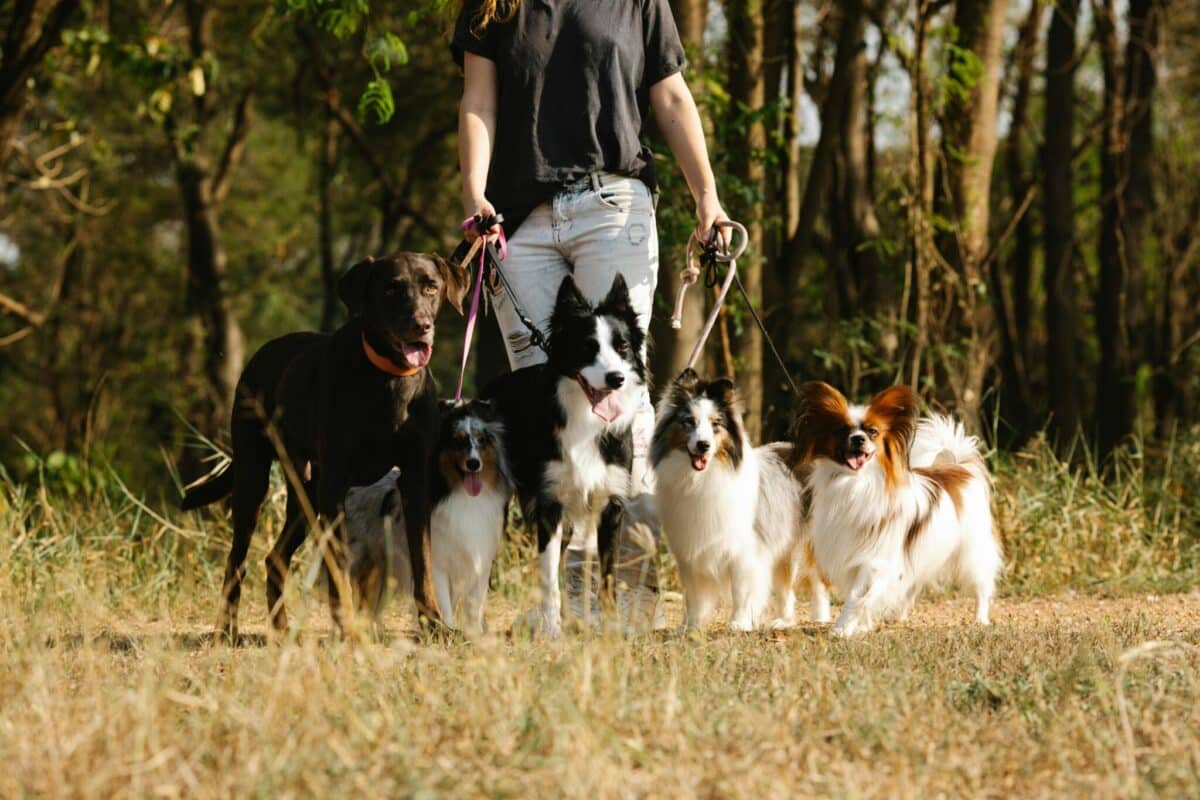



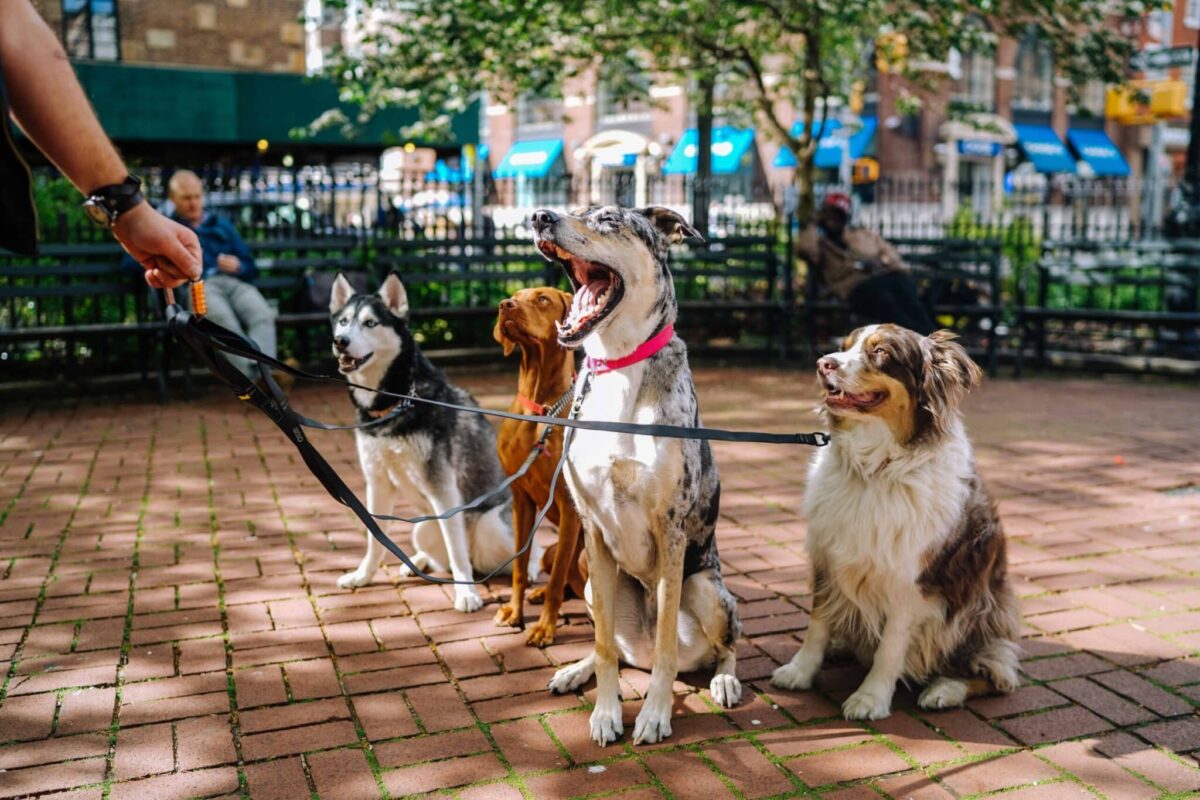
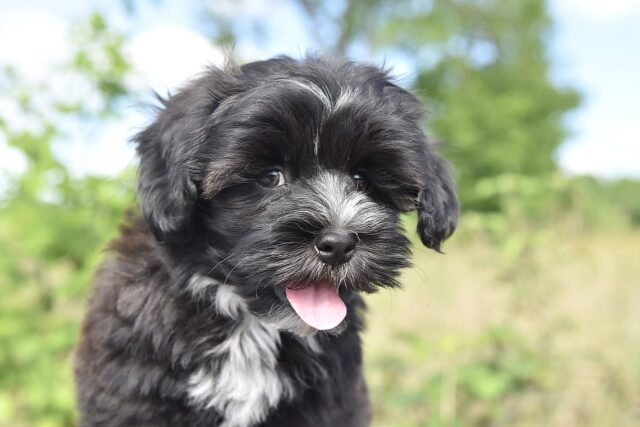
 English (US) ·
English (US) ·